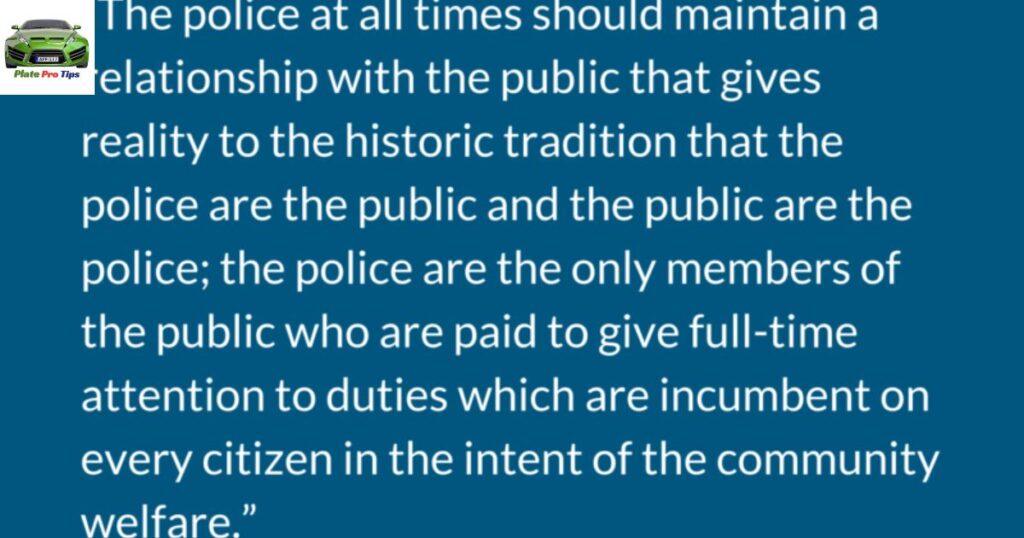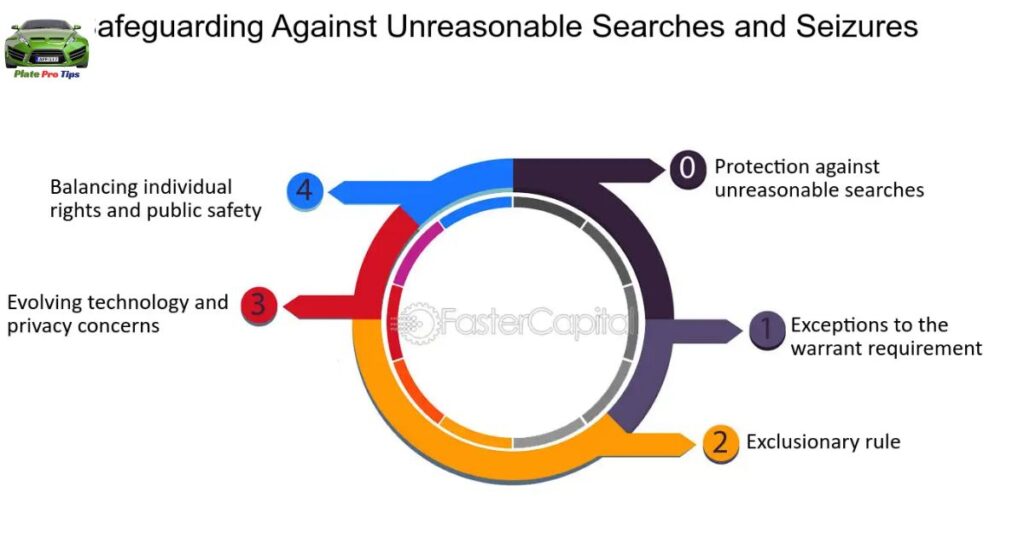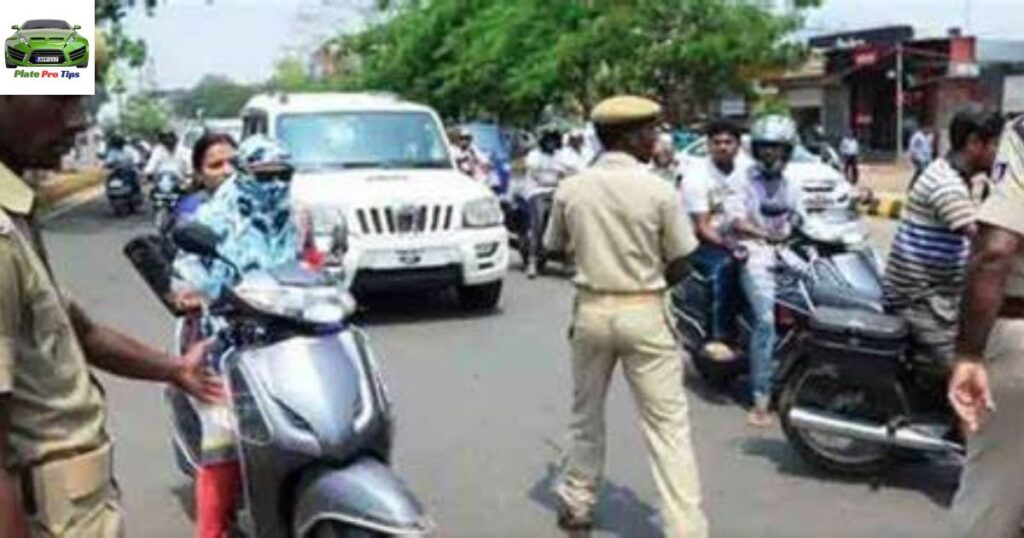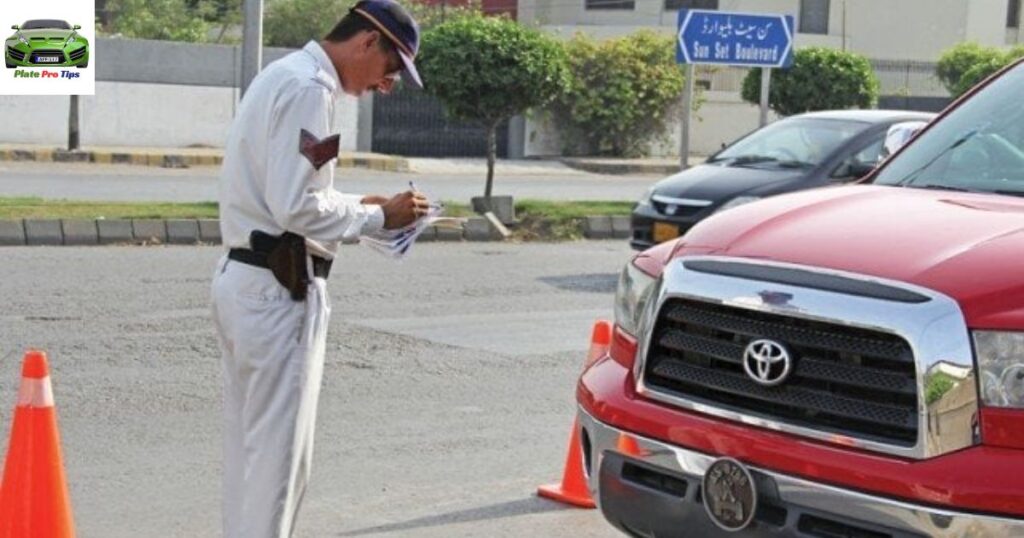A cop cannot take your license plate off your car without a valid reason. Removing a license plate typically requires authorization from law enforcement agencies or specific legal procedures. If a plate is removed, it’s usually due to a violation or suspicion of illegal activity. Always consult local laws and regulations regarding vehicle identification and law enforcement procedures.
Curious about your rights on the road. Wondering if a cop can snatch your license plate off your car.License plate off your car? Let’s explore the truth behind this question and ensure you’re informed and empowered behind the wheel.
Typically, a cop cannot remove your license plate without a valid reason or legal authority. The removal of a license plate usually involves suspicion of illegal activity or a violation of traffic laws, and it’s subject to specific procedures outlined by law enforcement agencies. Understanding your rights and local regulations regarding vehicle identification is crucial to navigating encounters with law enforcement effectively.
Introduction to License Plates
License plates, those colorful rectangles adorning the front and rear of vehicles, serve as more than just decorative elements—they’re essential identifiers on the road. These metal or plastic plates display a unique combination of numbers and letters assigned by government agencies to each vehicle. The introduction of license plates dates back to the late 19th century when cities sought a practical method to regulate traffic and identify vehicles. However, there are times when it becomes necessary to remove license plates, whether for replacement, transfer, or other reasons.
Beyond mere identification, license plates play a crucial role in law enforcement, toll collection, and vehicle registration. They enable authorities to trace ownership, track down stolen vehicles, and enforce traffic regulations. Moreover, license plates often carry distinctive designs or slogans, reflecting regional pride or commemorating special causes.
Legal Framework for License Plate Authority
The legal framework surrounding license plate authority varies from jurisdiction to jurisdiction but generally falls under the purview of government agencies responsible for motor vehicle regulation. These agencies establish rules and regulations regarding the issuance, display, and maintenance of license plates. They also dictate the procedures for obtaining personalized or specialty plates, ensuring compliance with relevant laws and regulations.
In addition to setting standards for license plate design and placement, the legal framework outlines penalties for violations such as driving without valid plates or altering them unlawfully. Law enforcement agencies are empowered to enforce these regulations and may confiscate plates in cases of non-compliance or suspicion of illegal activity.
Understanding Law Enforcement Powers

Law enforcement powers are granted to officers to uphold laws, maintain public order, and ensure the safety of communities. These powers include the authority to conduct investigations, make arrests, and issue citations for violations of laws and regulations.
While law enforcement officers have broad powers to enforce the law, they must also operate within legal boundaries and respect the rights of individuals. This includes adhering to procedures outlined in the legal system, obtaining warrants when necessary for searches or arrests, and treating all individuals with dignity and respect.
Scenarios Where License Plate Removal is Justified
License plate removal by law enforcement may be justified in certain scenarios where there is a suspicion of illegal activity or a violation of traffic laws. For instance, if a vehicle is involved in a hit-and-run accident and the driver flees the scene, law enforcement may remove the license plate as part of the investigation to track down the perpetrator.
Another scenario where license plate removal may be justified is if a vehicle is found to be in violation of specific regulations, such as displaying expired or illegible plates. Law enforcement officers have the authority to remove plates in such instances to ensure compliance with the law and maintain order on the road.
Individual Rights and Privacy Concerns

Individual rights and privacy concerns are paramount when considering actions such as license plate removal by law enforcement. While authorities have the responsibility to uphold laws and ensure public safety, it’s essential to balance these objectives with the protection of individual rights. License plate removal, especially without proper justification or legal authority, can raise significant privacy concerns for vehicle owners.
Moreover, license plate data collected by law enforcement agencies can raise broader privacy issues, particularly in the context of surveillance and data retention. As technology advances, the ability to track and monitor individuals’ movements using license plate recognition systems has grown significantly. This raises concerns about the potential for mass surveillance and the erosion of personal privacy rights.
Potential Consequences of License Plate Removal
License plate removal by law enforcement can have various potential consequences for vehicle owners. One significant consequence is the inconvenience and disruption it causes to individuals’ daily lives. Without a license plate, a vehicle may be rendered immobile, preventing the owner from using it for essential tasks such as commuting to work or running errands.
Furthermore, license plate removal can have broader implications for individuals’ interactions with law enforcement and their perception of authority. If license plate removal is perceived as arbitrary or unjust, it can erode trust in law enforcement and undermine public confidence in the fairness of the justice system. This can have long-term consequences for community-police relations and may contribute to feelings of resentment or alienation among affected individuals.
Public Safety and License Plate Actions

Public safety is a paramount concern when it comes to license plate actions taken by law enforcement. License plate removal, when justified and conducted within the bounds of the law, can contribute to enhancing public safety by addressing issues such as vehicle theft, hit-and-run accidents, and other criminal activities.
Moreover, license plate actions such as inspections and enforcement of proper display contribute to road safety by ensuring that vehicles on the road are in compliance with regulations. Properly displayed and legible license plates enable law enforcement to identify vehicles accurately, which is essential for traffic enforcement and responding to emergencies.
Recent Legal Precedents Regarding License Plates

Recent legal precedents regarding license plates have underscored the delicate balance between law enforcement powers and individual rights. Courts have grappled with cases involving the removal of license plates, examining factors such as the legality of the action, the justification provided by law enforcement, and the impact on individuals’ privacy rights.
Moreover, recent legal rulings have emphasized the importance of transparency and accountability in license plate-related activities. Courts have reaffirmed the obligation of law enforcement agencies to justify their actions and provide adequate safeguards to protect individuals’ rights.
FAQ’S
Can a cop legally remove my license plate?
Yes, a cop can remove your license plate if there’s a valid reason, such as suspicion of illegal activity or a violation of traffic laws.
Under what circumstances can a cop take my license plate?
A cop can take your license plate if it’s suspected of being involved in criminal activity, like hit-and-run incidents or if the plate is counterfeit or stolen.
Do I have any rights if a cop wants to remove my license plate?
Yes, you have rights, including the right to ask for clarification on the reason behind the plate removal and to request proper documentation.
Can a cop confiscate my license plate without a warrant?
Yes, in certain situations, such as if there’s probable cause to believe the plate is connected to criminal activity, a cop can confiscate it without a warrant.
What should I do if a cop removes my license plate?
If a cop removes your license plate, remain calm, ask for an explanation, and seek legal advice if you believe your rights have been violated.
Conclusion
The authority of law enforcement to remove license plates from vehicles hinges on adherence to legal procedures and justifiable reasons. While officers possess powers to ensure public safety and enforce the law, these powers must be exercised within the bounds of constitutional rights and legal frameworks.
Vehicle owners should be aware of their rights and responsibilities, seeking clarification if their license plate is subject to removal and seeking legal recourse if necessary. Clear communication, transparency, and adherence to due process are essential to uphold both individual rights and the integrity of law enforcement actions concerning license plates.

I’m Shoaib, a passionate blogger with 5 years of experience. I love writing about tech. My goal is to share useful information and insights with you. Explore my website to discover exciting content on various topics!




